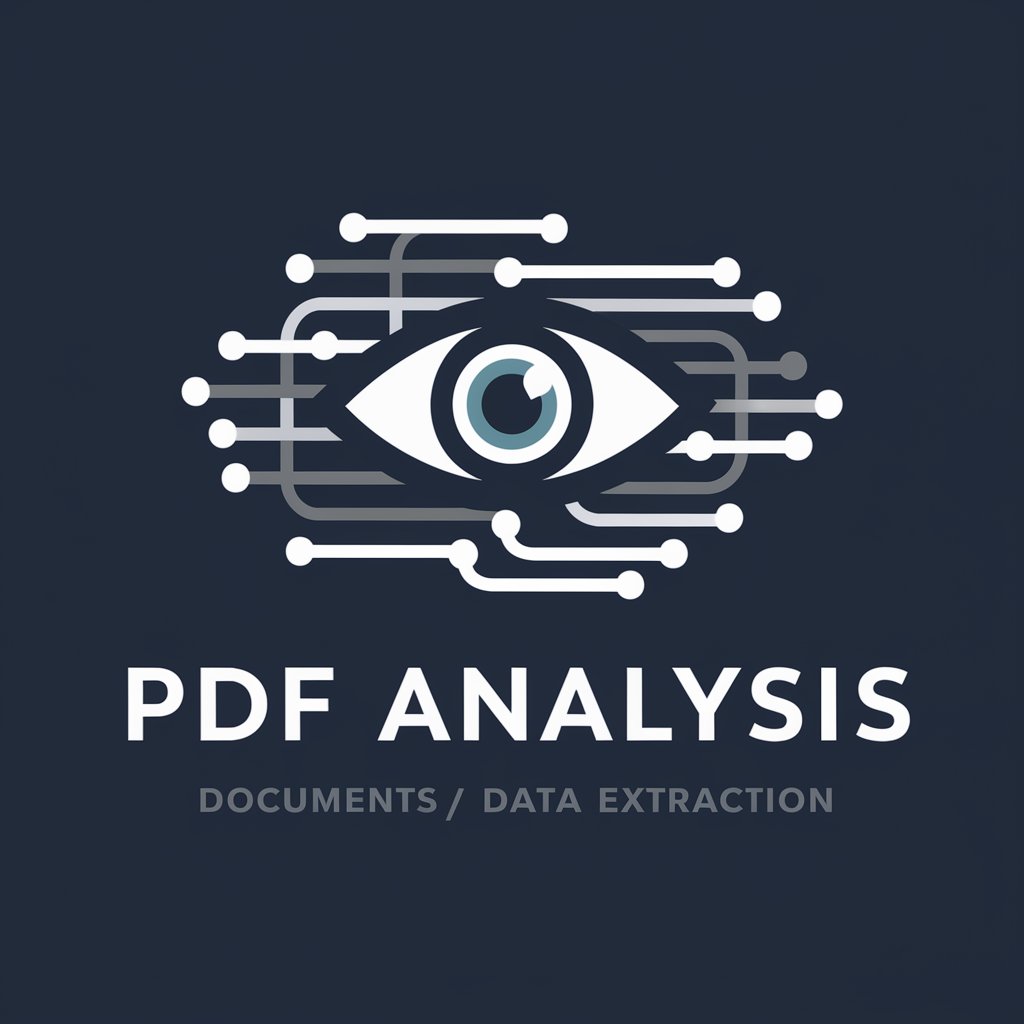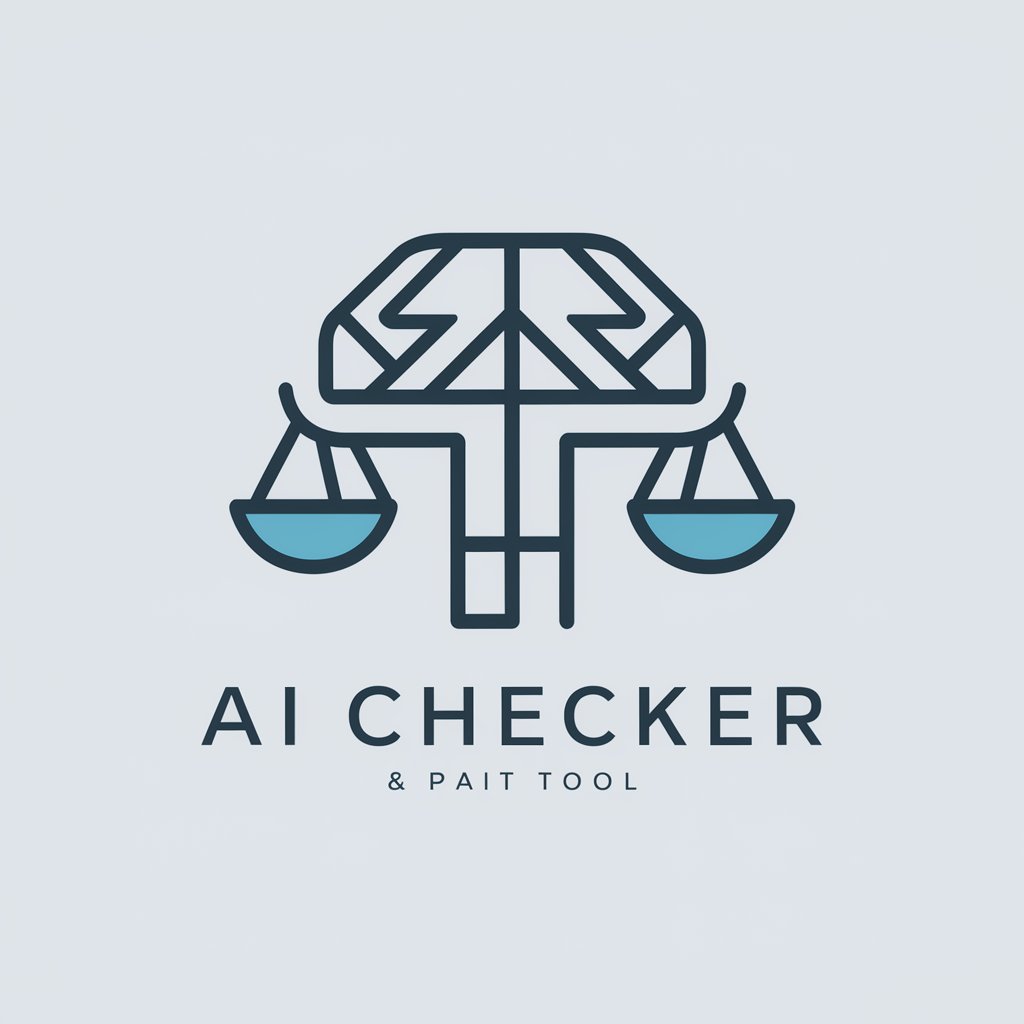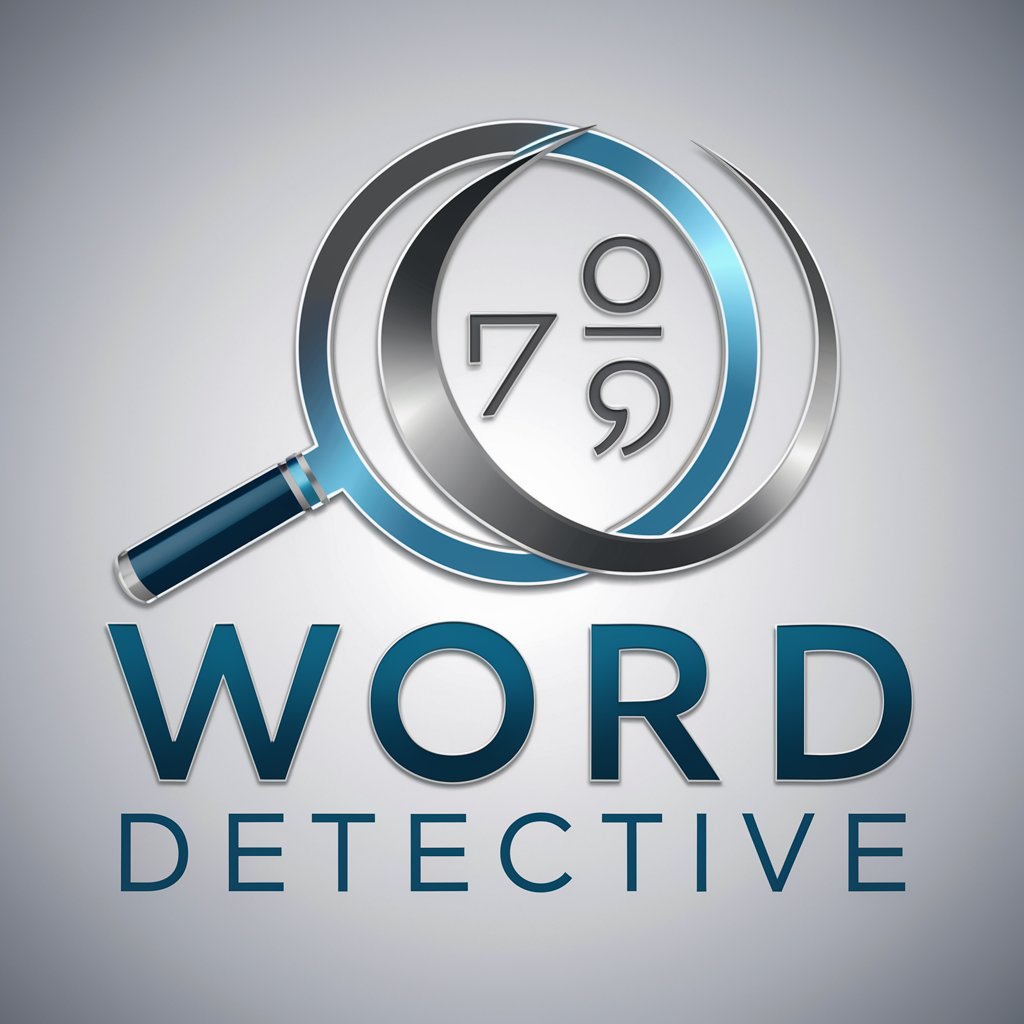
Text Forensic Analysis - Text Analysis for Forensics
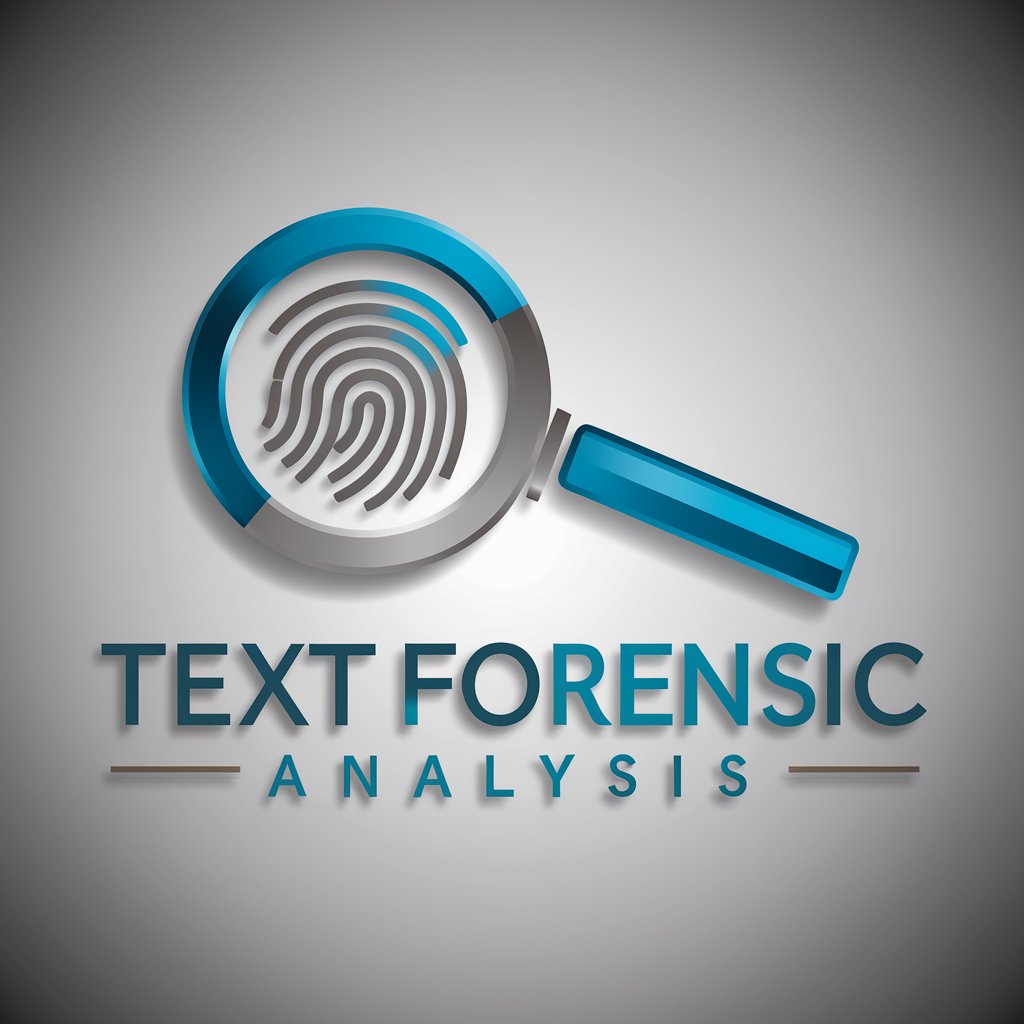
Welcome to Text Forensic Analysis, your partner in investigative precision.
Unveiling the Hidden in Text with AI
Analyze the following text for linguistic patterns and identify potential authorship clues.
Detect the main themes and topics within this document.
Evaluate this handwritten note for graphological characteristics.
Identify key keywords and their collocations in the provided text.
Get Embed Code
Overview of Text Forensic Analysis
Text Forensic Analysis is a specialized application of language analysis technologies designed for security and criminal investigation professionals. It leverages advanced natural language processing (NLP) and analytical tools to perform pattern recognition, keyword detection, and collocation analysis within texts. This sophisticated approach allows for the identification of themes, topics, linguistic profiles, and potential authorship, as well as the analysis of handwritten texts through graphological methods. For instance, in a scenario where an anonymous threatening letter is received, Text Forensic Analysis could be used to analyze the letter's language and handwriting style to generate hypotheses about the author's characteristics or possible identity. Powered by ChatGPT-4o。

Core Functions of Text Forensic Analysis
Theme and Topic Detection
Example
Identifying the main themes in a series of related anonymous emails to understand the sender's focus or intent.
Scenario
In cases of cyber harassment, Text Forensic Analysis can uncover the central themes across multiple communications, aiding in determining the motive and potentially identifying the harasser.
Linguistic Profiling
Example
Analyzing the use of language and syntax to profile the author of a ransom note.
Scenario
By examining linguistic choices, Text Forensic Analysis can suggest the author's educational background, regionality, and even psychological traits, which are invaluable in narrowing down suspects.
Authorship Analysis
Example
Comparing texts to determine if they were written by the same person.
Scenario
In cases of disputed authorship of critical documents or communications in corporate fraud investigations, this function can provide probabilistic assessments of authorship.
Graphological Analysis
Example
Examining the characteristics of handwritten notes to assist in identifying the author.
Scenario
This function can be particularly useful in cases where physical letters or notes are involved in criminal activities, providing insights into the author's personality or state of mind.
Target Users of Text Forensic Analysis Services
Law Enforcement Agencies
Officers and forensic analysts can utilize Text Forensic Analysis to support criminal investigations, such as identifying suspects, understanding criminal motives, and corroborating other forms of evidence.
Cybersecurity Experts
Professionals in cybersecurity can apply these services to analyze phishing emails, fraudulent messages, or threats made online, aiding in the protection of organizational or personal data.
Legal Professionals
Lawyers and legal analysts can benefit from Text Forensic Analysis for cases involving disputed documents or to understand the linguistic characteristics of communications relevant to their cases.
Academic Researchers
Researchers focusing on linguistics, psychology, or criminology can use Text Forensic Analysis for empirical studies, especially those related to forensic linguistics or authorship attribution.

Guidelines for Using Text Forensic Analysis
Initiate the Trial
Start by accessing yeschat.ai for an uncomplicated trial that requires no signup, ensuring a seamless entry into Text Forensic Analysis capabilities without needing a subscription.
Upload Document
Provide the text document you wish to analyze. The platform supports various formats, ensuring versatility in analyzing content across different media.
Select Analysis Type
Choose the specific forensic analysis you need, whether it's authorship identification, linguistic profiling, or any other service offered, to tailor the investigation to your requirements.
Review Analysis Results
Examine the provided probabilistic assessments and insights generated by the tool. These results highlight patterns, themes, and potential authorship with associated accuracy percentages.
Engage Expert Review
Consider consulting with forensic linguistics professionals for further verification and interpretation of the analysis results, underlining the importance of expert validation in critical investigations.
Try other advanced and practical GPTs
Forensic Accountant
Uncover Financial Truth with AI
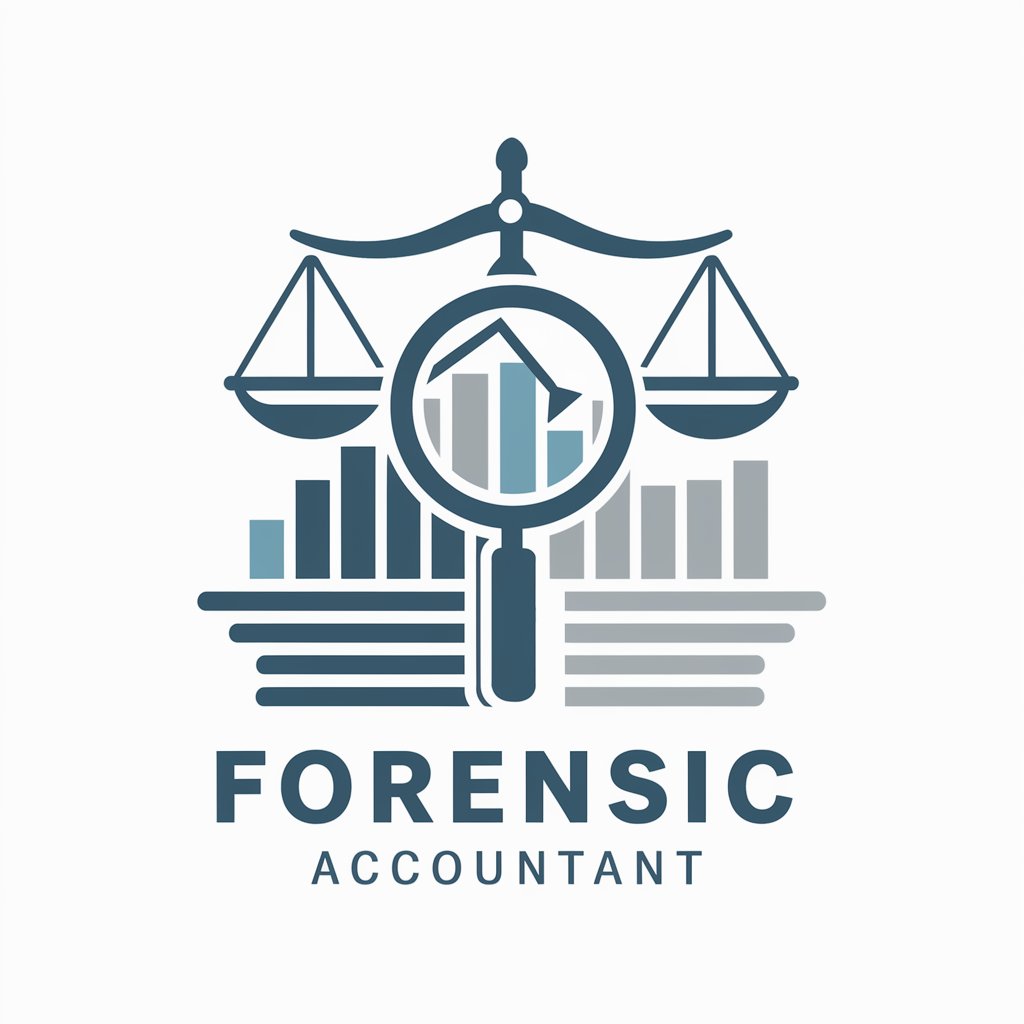
Neural networks architechture specialist
Expert guidance for object detection models

Knowledge Grapher
Visualize Data, Discover Connections

Wireless Communication
Connecting the World Wirelessly with AI
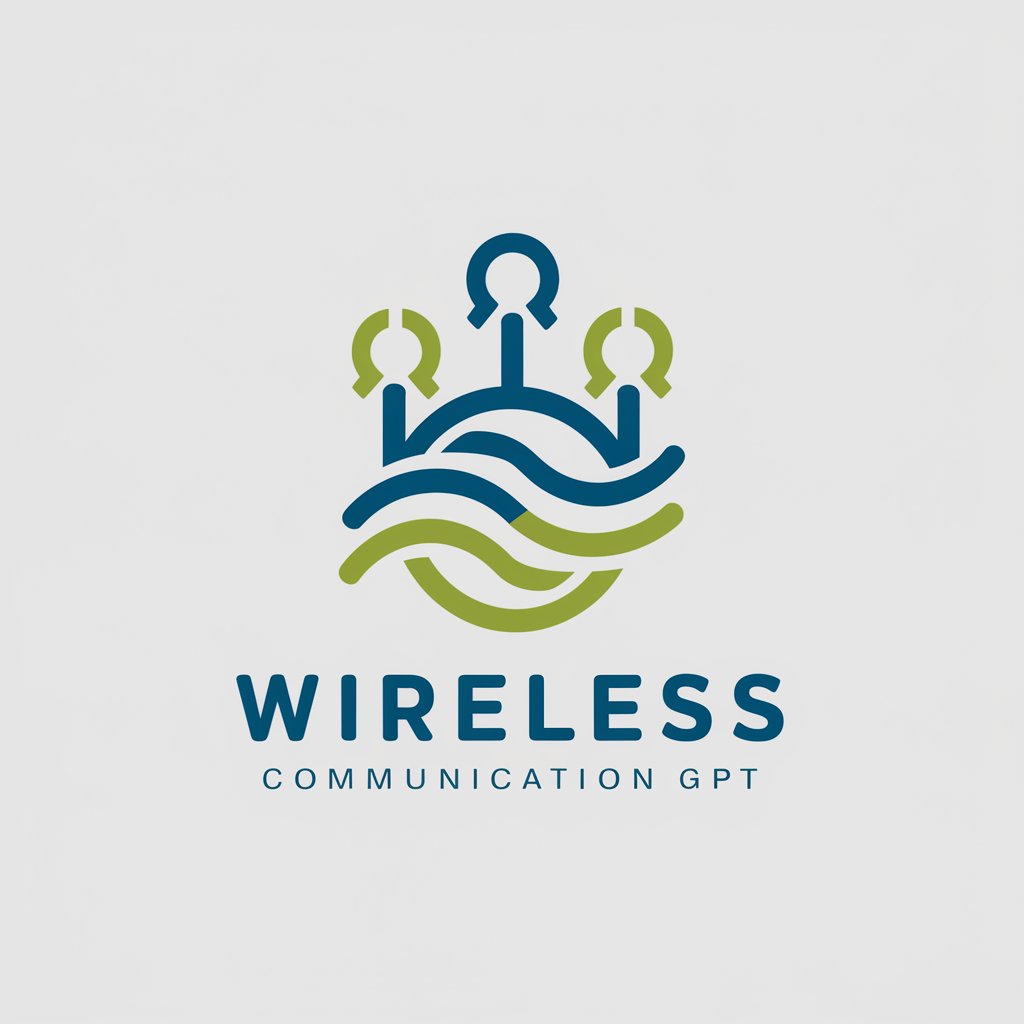
Computer Communication Networks Tutor
AI-Powered Networking Mastery

Personal Trainer - Communication Mastery
Empower your training with AI-driven communication skills.

C# Unity
Elevate Your Game with AI-Powered Unity Development

Africentric Ethics Guide
Empowering Ethical AI with Ubuntu

Ubuntu DevOps Guru
AI-Powered Ubuntu Server Configuration Tool

Admin Virtus
AI-powered assistant for professional writing.

Melody Matchmaker
Discover Music with AI

Melody Crafter
Craft Your Hit, AI-Enhanced Songwriting

Frequently Asked Questions about Text Forensic Analysis
What is Text Forensic Analysis?
Text Forensic Analysis is an advanced AI-powered tool designed to aid in security and criminal investigations through linguistic and pattern recognition, offering insights into authorship, themes, and more.
How accurate is Text Forensic Analysis?
The accuracy of analyses varies based on the data provided and the complexity of the text. It offers probabilistic assessments to guide investigations, with percentages indicating confidence levels.
Can Text Forensic Analysis identify an author from anonymous texts?
Yes, through linguistic profiling and pattern recognition, it can offer insights into potential authorship with a given probability, aiding in the identification of anonymous text authors.
Is Text Forensic Analysis useful for non-English texts?
While primarily designed for English, its capabilities can be extended to other languages with sufficient data, making it a versatile tool for global investigations.
Can I use Text Forensic Analysis for academic research?
Absolutely. It's valuable for analyzing writing styles, detecting plagiarism, and understanding linguistic patterns in academic texts, offering a robust tool for researchers.
